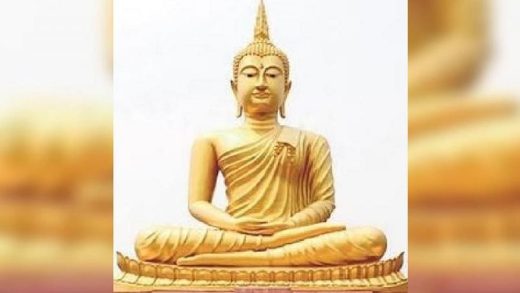Power, though, is more vulnerable of the two. This is true for a variety of reasons, including rivals who are vying for the leadership a leader has gained, as well as the corrupting nature of power, which breeds adversaries. It is inevitable that some people will benefit from the use of power while others are let down. Some leaders use intimidation to keep their opponents at bay, intending to generate enough fear to maintain their hold on power.
Even still, power in general is subject to the Shakespearean adage, “Uneasy lies the head that wears a crown,” which causes anxiety and worry at all levels of achievement as well as different temptations for the ego to go berserk. A alternative learning curve, one that starts early in anyone’s career, is necessary to change this predicament. This learning curve is more about self-awareness than management abilities.
The following scenarios are likely to occur when you are a leader, even when you only have a small amount of power:
1. You’ll give folks your favor while ignoring others.
2. You’ll heed some counsel while disobeying the rest.
3. You’ll face envious people who will criticize you unjustly behind your back.
4. Your competitors will look for your flaws continuously.
5. While some of your choices will be successful, some won’t.
6. You’ll need to assign authority.
You’ll depend on folks you don’t really trust.
Similar circumstances can occur on school boards and neighborhood steering committees, as well as in executive suites of major enterprises, bureaus of government, and the military. When given the chance, human nature will manifest itself. No surprise there power brings such mixed rewards. To negotiate these pitfalls, a self-aware leader wants to minimize the backlash, both for himself and his followers.












